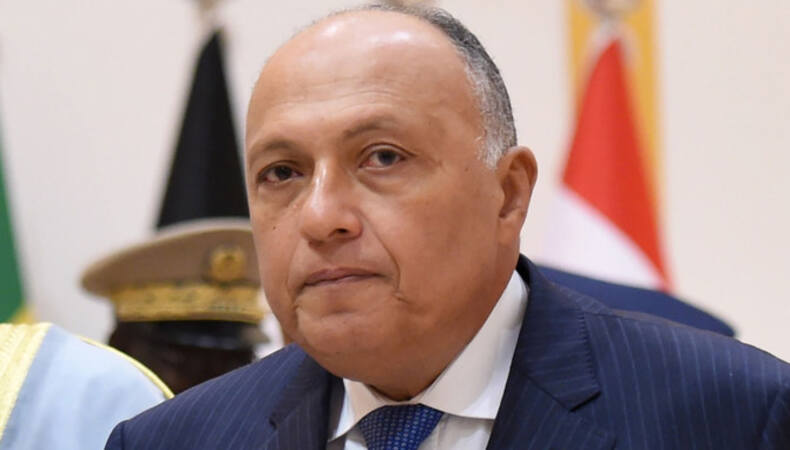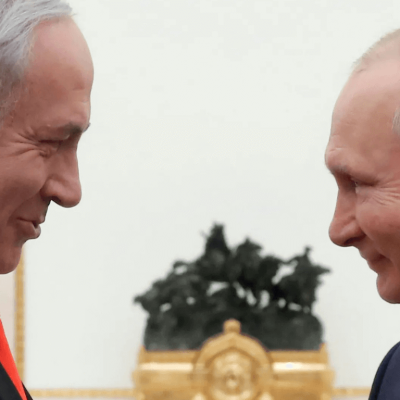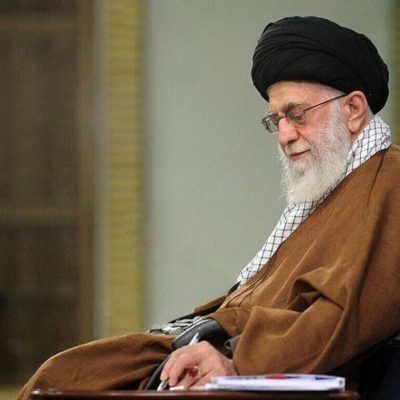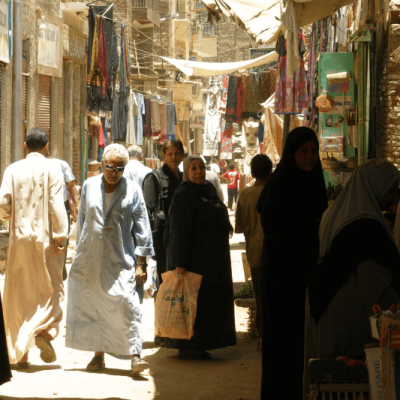Egypt’s Foreign Minister Warns of Risk of Regional War Amid Escalation Between Israel and Hezbollah

On Sunday, September 22, Egypt’s Foreign Minister Badr Abdelatty issued a strong warning on the rising possibility of an all-out regional war as the violent conflict between Israel and Hezbollah keeps intensuating. His comments preceded a meeting of world leaders at the United Nations, when foreign forces desperately demanded moderation on both sides. Declaring his great concern over the rising violence, Abdelatty said that it has already “negatively impacted” the continuous truce negotiations meant to stop the conflict in Gaza.
Egypt’s Place in Gaza Truce Talks
Abdelatty underlined Egypt’s vital role in trying to defuse the crisis by stressing the coordinated efforts among Egypt, Qatar, and the United States in drafting a truce deal between Israel and Hamas. “There is great concern about the possibility of an escalation in the region leading to an all-out regional war,” Abdelatty told AFP at the UN, stressing the possible results of more fighting. Although he admitted that it would be difficult to get a ceasefire, he underlined Egypt’s complete dedication to the peace negotiations in face of growing hostilities.
Still, he pointed out the challenges in the peace process, especially Israel’s lack of political will. “All the components of the deal are ready,” Abdelatty remarked, stressing that Israel’s unwillingness to proceed with the truce is the biggest obstacle to advancement. The foreign minister from Egypt also attacked what he said to be Israel’s “provocative policies,” which have helped hostilities with Hezbollah to grow. With Israel and Hezbollah aligned with Hamas, this battle between them has attracted other regional parties into the field, fueling worries of a wider war.
Worldwide Calls for De-escalation
Abdelatty’s comments for growing international initiatives to stop the bloodshed. Emphasizing the need to strive to “stop the escalation” and stop Israel’s “unilateral and provocative policies,” he said Egypt is in close touch with regional and international allies like the United States. He underlined the need of stopping more escalation since a more general regional conflict would not benefit any party.
International officials are worried about the matter especially since Hezbollah’s involvement intensifies the crisis. During conversations with U.S. Secretary of State Antony Blinken earlier in the week, Egyptian President Abdel Fattah al-Sisi promised to step up initiatives to guarantee a calm in Gaza. Blinken shared the same opinion, contending that the only approach to stop the bloodshed and stop the battle from expanding over the Middle East is a truce. He also stressed the urgency of tackling the continuous humanitarian catastrophe in Gaza, which the conflict has seriously disrupted.
Rising Death Toll and Humanitarian Crisis
The surprise attack by Hamas on Israel on October 7, which left 1,205 people dead—the most of them civilians—started the conflict. Of the 251 persons taken captive by Hamas terrorists during the attack, 97 are still under custody in Gaza. Since Israeli reprisals and Hezbollah’s participation add further elements to the conflict, the tensions have worsened. Figures published by the health ministry in Gaza, under control by Hamas, show that Israel’s military operation in Gaza has claimed over 41,431 Palestinians, most of them civilian. The United Nations has admitted these figures as accurate, which emphasizes the need for a ceasefire.
International and regional players are under increasing pressure as the situation gets more severe to boost initiatives to stop more escalation. Blinken’s journey to the area represented his tenth since the war started, therefore highlighting the scope of diplomatic initiatives meant for de-escalation. But the road to peace seems more difficult as Hezbollah is ready to keep attacking in favor of Hamas and Israel is resolved to counter both factions.
Diplomatic Efforts Still Proceed Notwithstanding Obstacles
Abdelatty underlined Egypt’s dedication to negotiate a peace agreement despite the continuous bloodshed, stressing that the main obstacle is persuading Israel to participate actively in the truce negotiations. Diplomats believe that working together for months with Egypt, Qatar, and the United States will help to negotiate a truce and hostage release agreement in Gaza, therefore reducing tensions throughout the area.
Abdelatty also underlined how crucial ongoing communication with foreign partners—including the United States—is in forcing both sides to de-escalate. “We are talking to our regional and international partners, including the United States, about the importance of working to stop the escalation and stop the unilateral and provocative policies that Israel is carrying out,” he said, underlining once more that a full-scale regional conflict would serve none except Israel’s own.
The situation is still precarious in the interim; Israel and Hezbollah are still firing missiles, and there is great possibility for more general regional participation. Diplomatic attempts are still under progress for now; the road to peace is still difficult since the war shows no indication of stopping.




